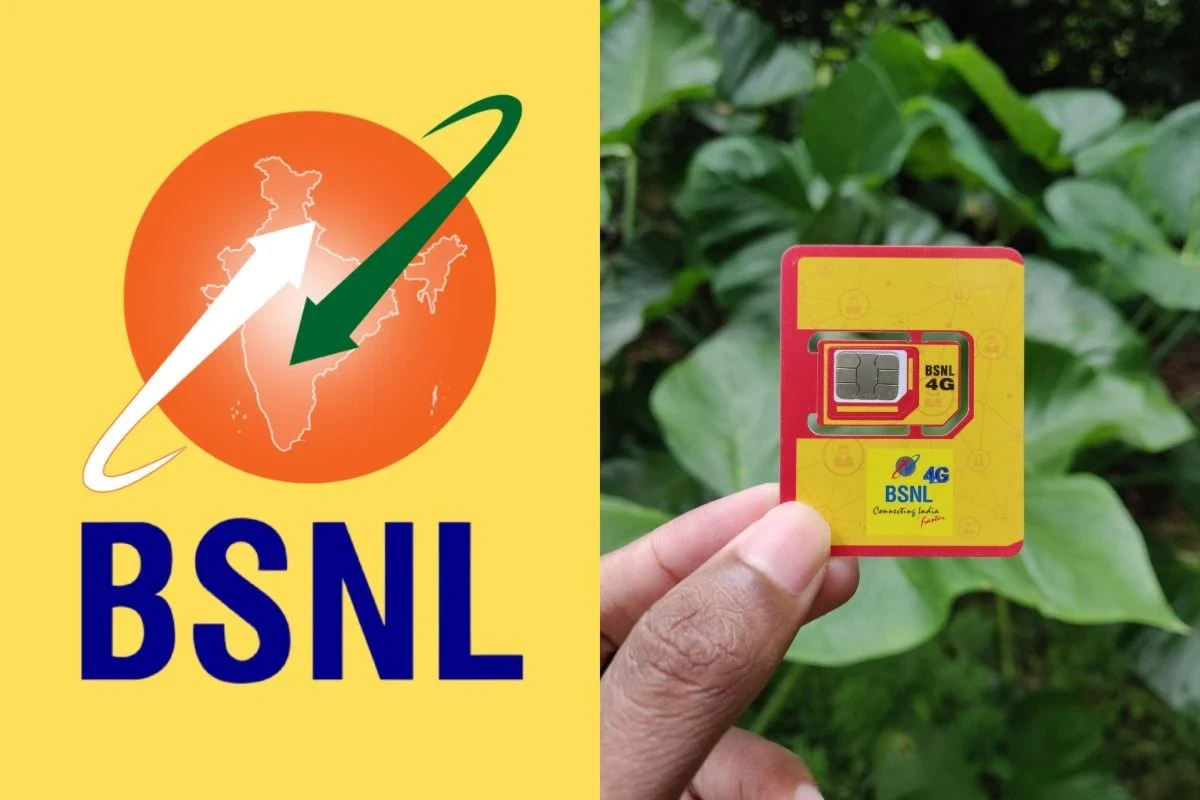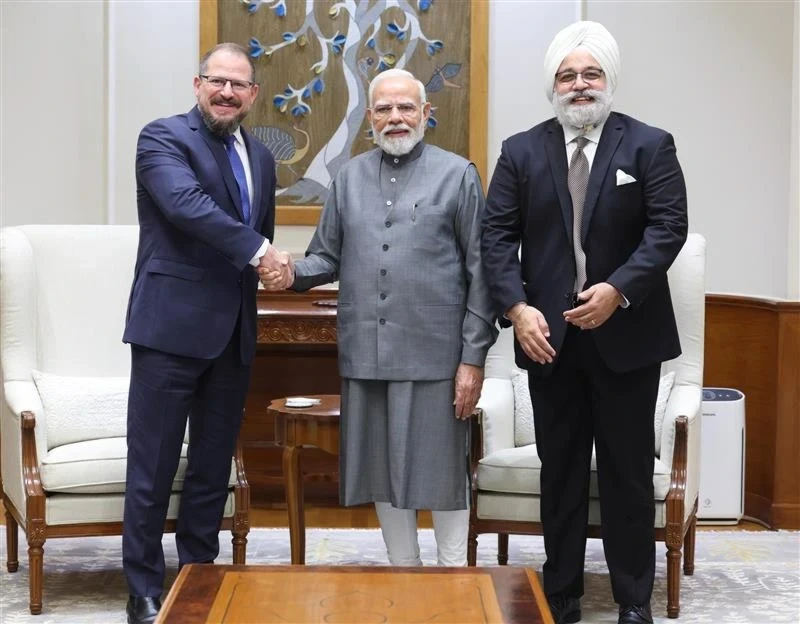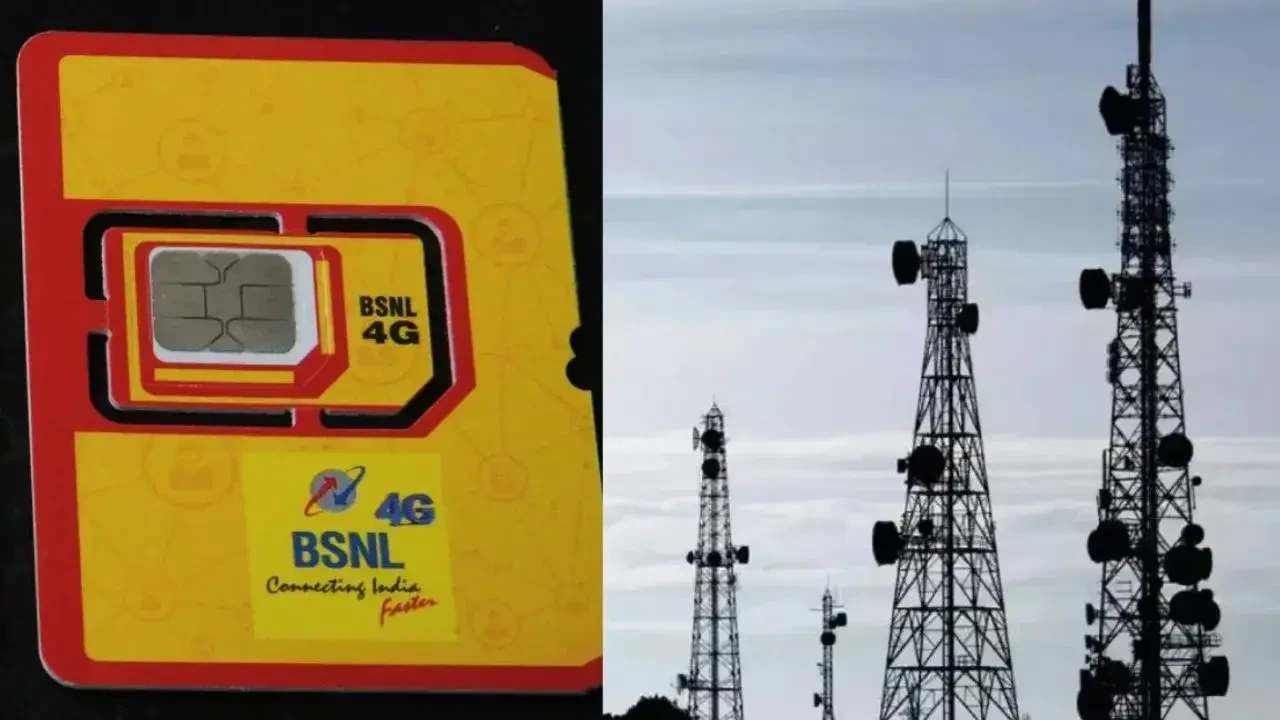YouTube speeds may drop by 70 percent by coming weeks, heres what authorities explained

Russian YouTube users should prepare for a significant reduction in video streaming speeds, as much as 40% expected this week and potentially reaching 70% by next week.
This measure, revealed by a senior Russian lawmaker, is intended to pressure YouTube into restoring previously blocked Russian channels. Alexander Khinshtein, head of the State Duma’s Committee on Information Policy, announced on Telegram that this planned "degradation" of YouTube speeds aims to compel the platform to comply with Russian regulations.
He clarified that the slowdown targets YouTube’s administration, not Russian users, whom Russia accuses of ignoring local laws.
“The ‘degradation’ of YouTube is a necessary step, directed not against Russian users, but against the administration of a foreign resource that still believes it can violate and ignore our legislation without punishment,” Khinshtein stated. Russia is throttling access to Alphabet Inc.’s YouTube as the Kremlin moves towards blocking one of the last US social media sites still available in the country.
YouTube download speeds on computers will be slowed by around 40% this week and 70% by the end of next week, according to Khinshtein. Following the invasion of Ukraine in 2022, Russia forced out several foreign social media and internet companies, framing the effort as a campaign to uphold its digital sovereignty. YouTube has remained accessible despite the blocking of platforms like Facebook, X, and Instagram, partly due to the lack of a clear domestic alternative.
“Everything that’s happening is a consequence of the anti-Russian policy of the host, which consistently deletes channels of our public figures with positions that differ from the western point of view,” Khinshtein said.
The Russian unit of Google, YouTube’s parent company, filed for bankruptcy in 2022 after local authorities seized its bank accounts over a series of fines. However, the company continued to offer free services in Russia, including Google Search, YouTube, and Gmail.
For now, access to YouTube on mobile devices will remain unaffected, according to Khinshtein. He suggested that alternative Russian services like Rutube and VK Video can serve as replacements.




















